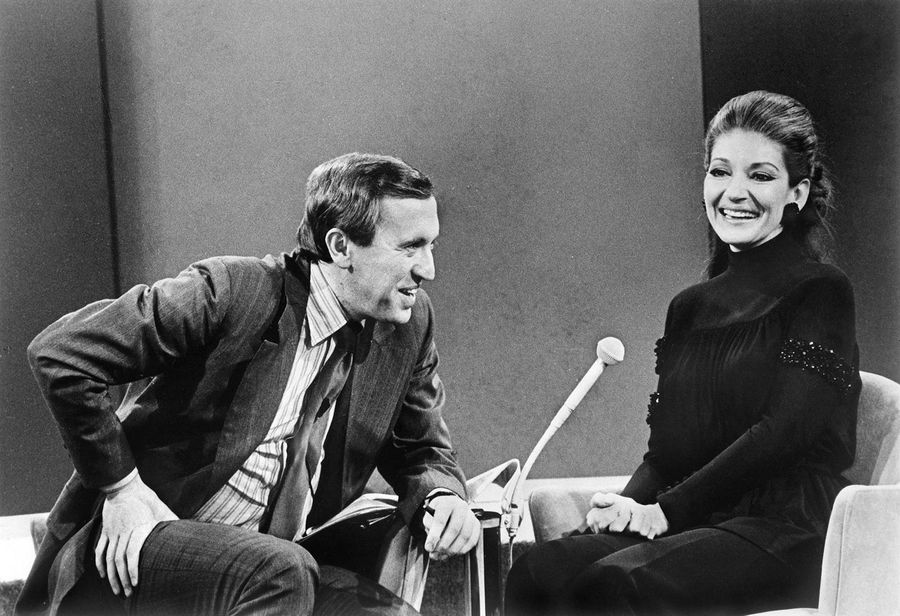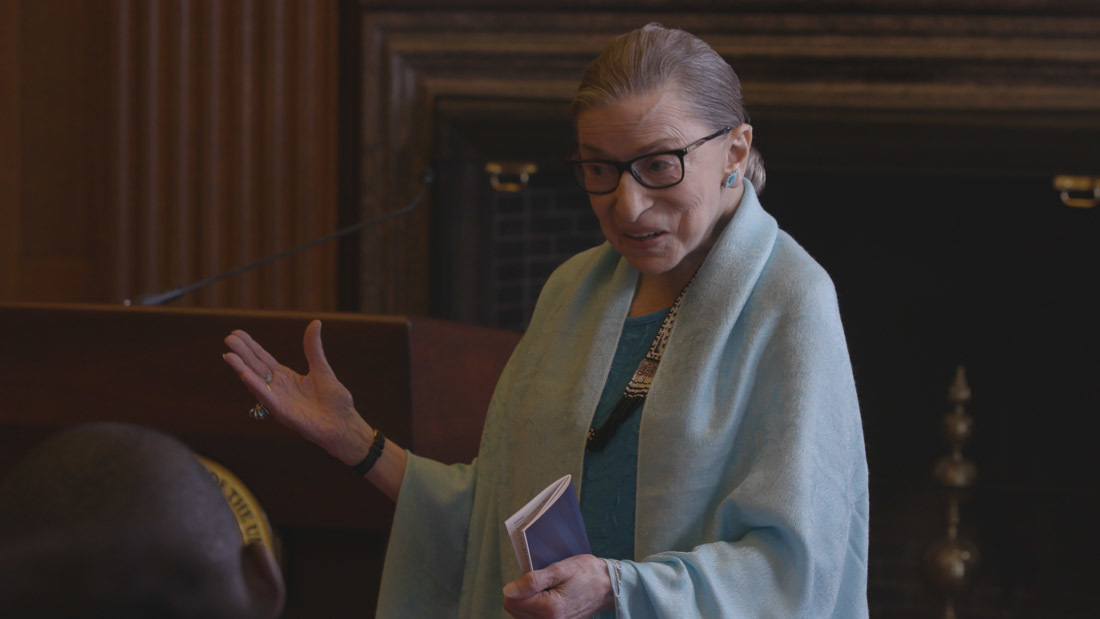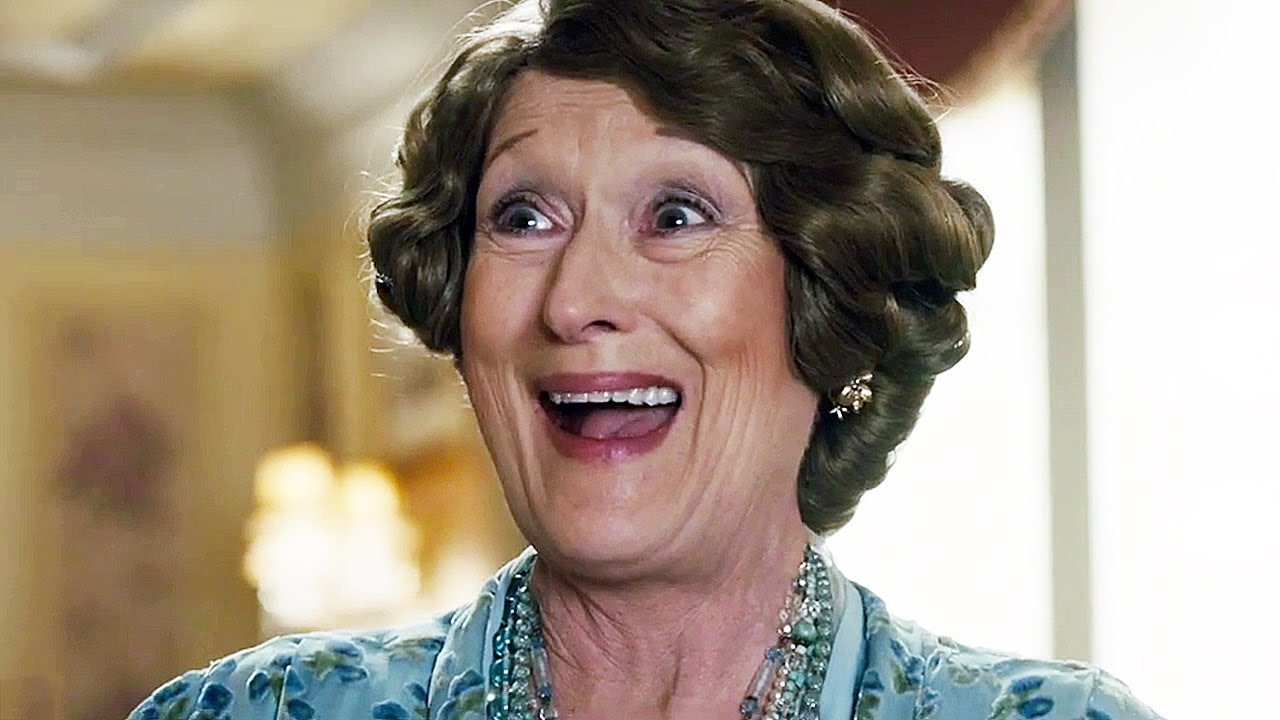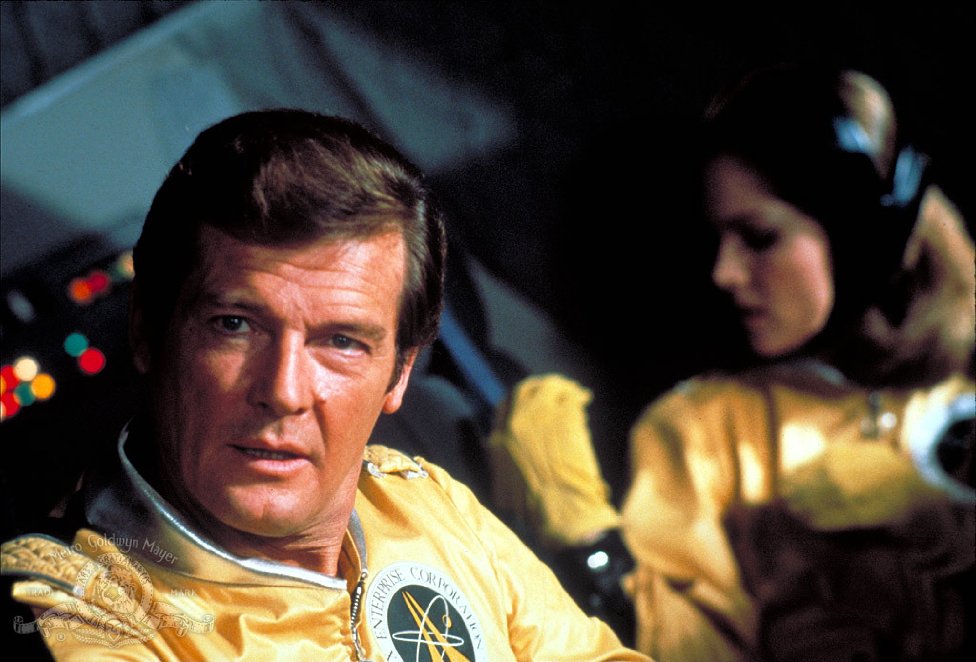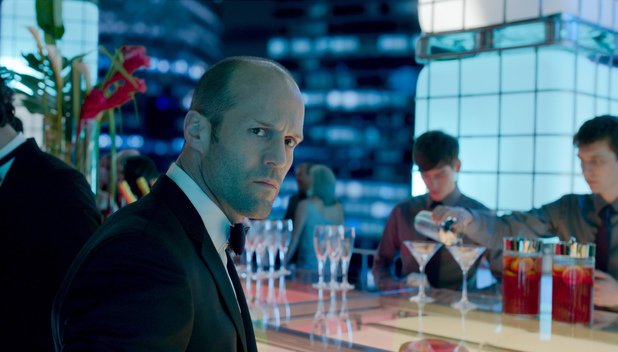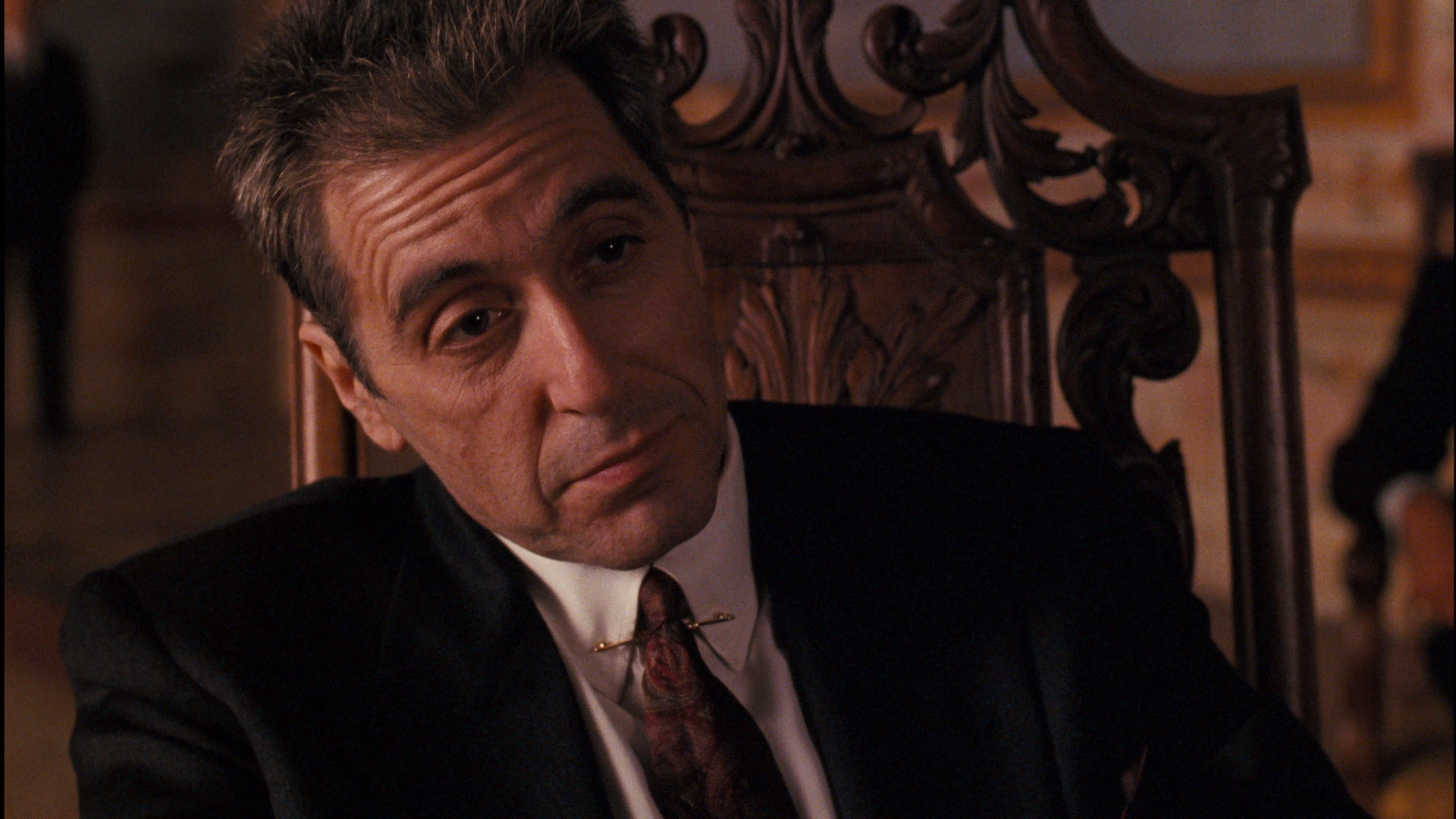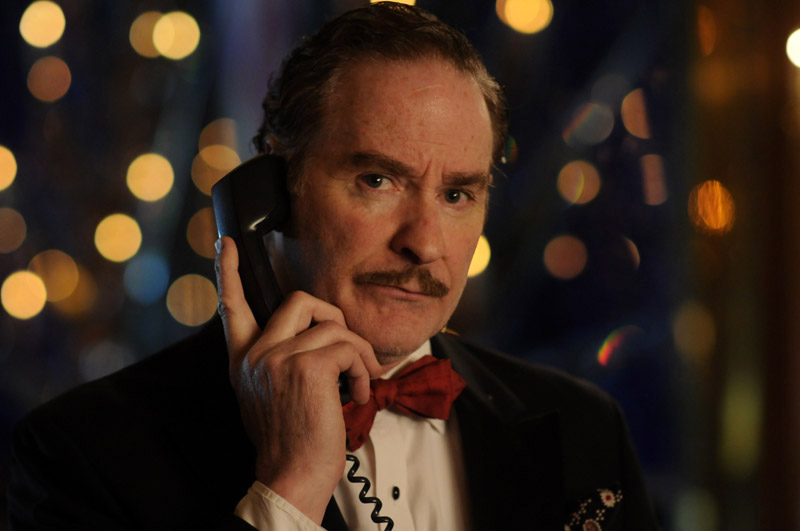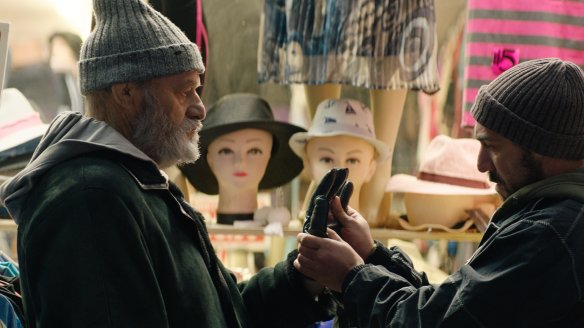
(2021) Dramedy (Kino Lorber) Levan Tedaishvili, Giorgi Tabidze, Nadezhda Mikhalkova, Kakhi Kavsadze, Laura Rekhviashvili, Tsutsa Kapanadze, Irakli Kavsadze, Tolepbergen Baisakalov, Temur Gvalia, Irma Gachechiladze, Mary Caputo, Lew Gardner, Giorgi Kipshidze, Yuri Zur, Artur Dubetskiy, Vsevolod Berkolayko, Aleksandr Karlov, Tornike Bziava, Anastasia Romashko. Directed by Levan Koguashvili
We can choose our friends, but we can’t choose our family. Most of us are aware of people in our lives who simply seem incapable of making a good decision. We watch, often helplessly, as they self-destruct, often sucking in all those around them into the vortex of their weakness. Despite our best efforts, often we can’t do much to help them without falling into the whirlwind ourselves.
Kakhi (Tedaishvili) is an aging former Olympic wrestler from the Republic of Georgia. He lives a quiet life, quietly saving his money and bailing out his brother (Gvalia) who has lost his apartment in Tblisi to a gambling addiction. But at least Kakhi’s son Soso (Tabidze) is living in New York City, preparing to go to medical school, and marrying Lena (Mikhalkova) which would net him the green card he desperately needs.
Instead, he finds out that Soso has a gambling problem of his own, and is $14,000 in debt to the local mob. All the money that Kakhi had sent his son to pay his medical school tuition – gone. The good-hearted Kakhi can’t turn away from his son, even though he knows that he will continue to make foolish mistakes, but something must be done.
Most often, this film is described as a slow burn, which is absolutely accurate. The 90 minute film is in no particular hurry to get to where it’s going, and you may well find yourself being thankful for that, for the characters here – even the peripheral ones – are richly drawn and so human they almost leap out of the screen and shake your hand.
At the heart of everything is Tedaishvili, who is actually an ex-Olympic wrestler as Kakhi is. This is his second acting performance and his first since 1987. He imbues Kakhi with a gentle wit, and a gruff kindness. He has a way of seeing through people – even his own son – and being able to forgive their foibles. Tedaishvili brings an inner strength that makes Kakhi a formidable presence. It’s a magnificent performance that utterly captivates.
In fact, many of those in the film are non-professional actors from the Brighton Beach area, the enclave in Brooklyn where a substantial Russian and Eastern European (mainly former Soviet bloc countries) population rules the roost. Their ties to their culture gives the film a genuineness that you simply can’t fake.
The going is terribly slow at times, and younger viewers (and some older ones) may have a hard time keeping their focus on the film, which is why seeing it in a movie theater would be more ideal than on a laptop or streaming device where there is plenty of distractions to take you away from the lovely spell that Koguashvili weaves. Georgian cinema doesn’t get a great deal of respect from American cinephiles, which is a crying shame because there are some really outstanding films coming out of that country. It is worth noting that the film contains the final performance of Kakhi Kavsadze, one of the most respected and acclaimed actors in his country, passing away two months before the film’s debut at Tribeca. He left us with a role of great dignity and pathos, a worthy send-off for a great actor.
REASONS TO SEE: Full of life and liveliness. The performances are natural and genuine. There is a gentle tone to the humor.
REASONS TO AVOID: Not the fastest-paced movie you’ll ever see.
FAMILY VALUES: There is some profanity.
TRIVIAL PURSUIT: It was the official submission for Georgia for the 94th Academy Awards for Best International Picture.
BEYOND THE THEATERS: Kino Marquee
CRITICAL MASS: As of 2/22/22: Rotten Tomatoes: 87% positive reviews; Metacritic: 77/100.
COMPARISON SHOPPING: Moscow on the Hudson
FINAL RATING: 8/10
NEXT: Puff: The Magic of the Reef

